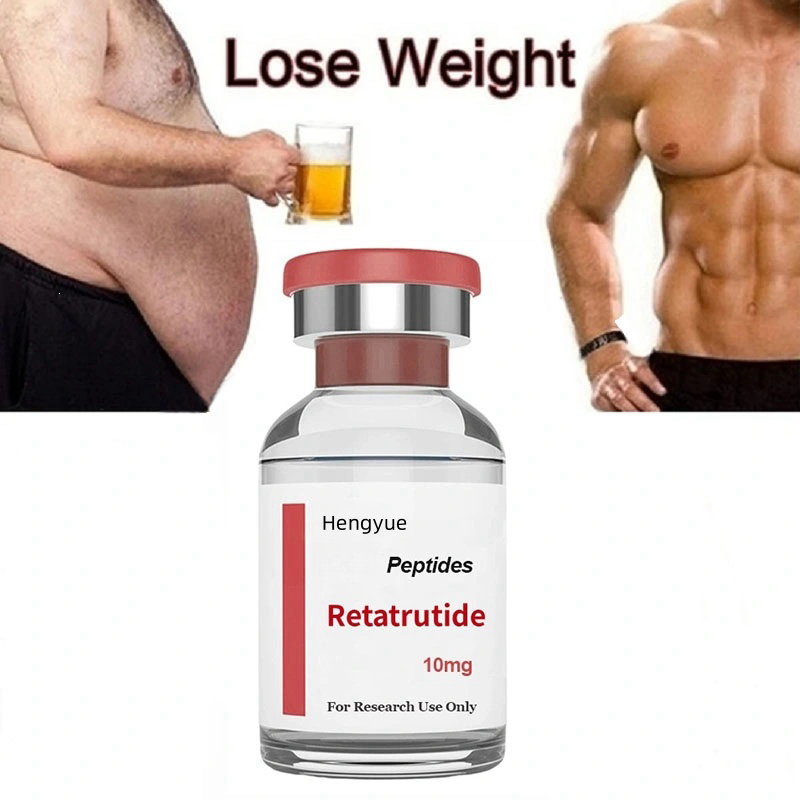-
Categories
-
Pharmaceutical Intermediates
-
Active Pharmaceutical Ingredients
-
Food Additives
- Industrial Coatings
- Agrochemicals
- Dyes and Pigments
- Surfactant
- Flavors and Fragrances
- Chemical Reagents
- Catalyst and Auxiliary
- Natural Products
- Inorganic Chemistry
-
Organic Chemistry
-
Biochemical Engineering
- Analytical Chemistry
-
Cosmetic Ingredient
- Water Treatment Chemical
-
Pharmaceutical Intermediates
Promotion
ECHEMI Mall
Wholesale
Weekly Price
Exhibition
News
-
Trade Service
7-Deazaguanine is a nitrogen-containing organic compound that is used in the chemical industry as a intermediate for the production of various chemicals, drugs, and other products.
It is also known for its properties as an antirust, antioxidant, and UV absorber, which makes it a useful ingredient in various industrial applications.
However, the use of 7-deazaguanine in the chemical industry also raises concerns about its safety.
As with any chemical compound, the safe handling and use of 7-deazaguanine is important to prevent harm to workers and the environment.
One of the primary concerns with the use of 7-deazaguanine is its potential toxicity.
While it is generally considered to be safe when used in moderation, prolonged exposure or high concentrations can cause adverse health effects.
Studies have shown that 7-deazaguanine can cause damage to the liver, kidneys, and central nervous system, and can also have carcinogenic effects.
In addition, it can cause allergic reactions, skin irritation, and respiratory problems in some individuals.
The potential for exposure to 7-deazaguanine is highest for workers in the chemical industry who handle the compound on a regular basis.
It is important for these workers to take precautions to protect themselves from exposure, such as wearing protective clothing, using ventilation systems, and following proper handling procedures.
In addition to the potential health risks for workers, there are also concerns about the environmental impact of 7-deazaguanine.
The compound is not heavily regulated, which means that it can be released into the environment during manufacturing and use.
Studies have shown that 7-deazaguanine can be toxic to aquatic life, and can cause damage to ecosystems.
It is important for companies that use 7-deazaguanine to take steps to minimize their environmental impact, such as implementing proper disposal methods and using sustainable manufacturing practices.
In conclusion, while 7-deazaguanine is a useful chemical compound with various industrial applications, it is important to consider its potential health and environmental risks.
It is crucial for companies in the chemical industry to take proper safety precautions and implement sustainable practices to minimize the impact of 7-deazaguanine on workers and the environment.







